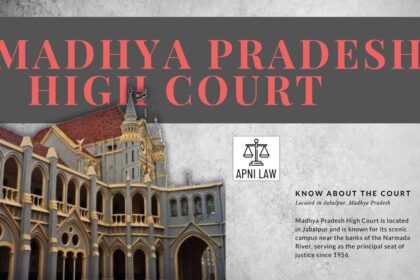Code: Section 24 BNS
Section 24
In cases where an act done is not an offence unless done with a particular knowledge
or intent, a person who does the act in a state of intoxication shall be liable to be dealt with
as if he had the same knowledge as he would have had if he had not been intoxicated, unless
the thing which intoxicated him was administered to him without his knowledge or against
his will.
Explanation of Section 24 BNS
Section 24 of the Bharatiya Nyaya Sanhita (BNS), 2023 clarifies that if a person commits an offense while voluntarily intoxicated, they cannot escape liability by claiming they were unaware of their actions.
Key Highlights:
- Intent and Knowledge Are Presumed: If a crime requires specific intent or knowledge, an intoxicated person is considered to have had the same level of awareness as they would if they were sober.
- No Immunity for Voluntary Intoxication: Unlike Section 23, which protects individuals who were involuntarily intoxicated, Section 24 does not excuse someone who got intoxicated by choice.
- Applies to Serious Offenses: Crimes such as murder, theft, or fraud, which require intent, fall under this section.
Illustrations of Section 24 BNS
Example 1: Drunk Driving Leading to Death
A person voluntarily consumes alcohol, drives recklessly, and kills a pedestrian. The law presumes that they had the same knowledge of the risks as if they were sober.
Example 2: Murder Committed Under Intoxication
A person, in a drunken rage, intentionally stabs someone during an argument. They cannot claim they lacked intent due to intoxication and will be held fully liable.
Common Questions & Answers on Section 24 BNS
1. Can voluntary intoxication be used as a defense in criminal cases?
No. If a crime requires intent or knowledge, an intoxicated person is assumed to have acted with full awareness, even if they were drunk.
2. How does Section 24 differ from Section 23?
- Section 23 protects people who were involuntarily intoxicated.
- Section 24 applies to voluntary intoxication and holds individuals fully accountable.
3. Does this section apply to all crimes?
No. It applies to offenses that require specific intent or knowledge. For crimes of negligence, different legal principles apply.
4. Can a person claim they did not intend to commit the crime because they were too drunk?
No. The law assumes they had the same level of intent as if they were sober.
Conclusion
Section 24 of BNS ensures that voluntary intoxication is never a valid excuse for crimes requiring intent or knowledge. If someone gets drunk and commits an offense, they are held fully responsible.
For more legal insights, visit ApniLaw! 🚀








